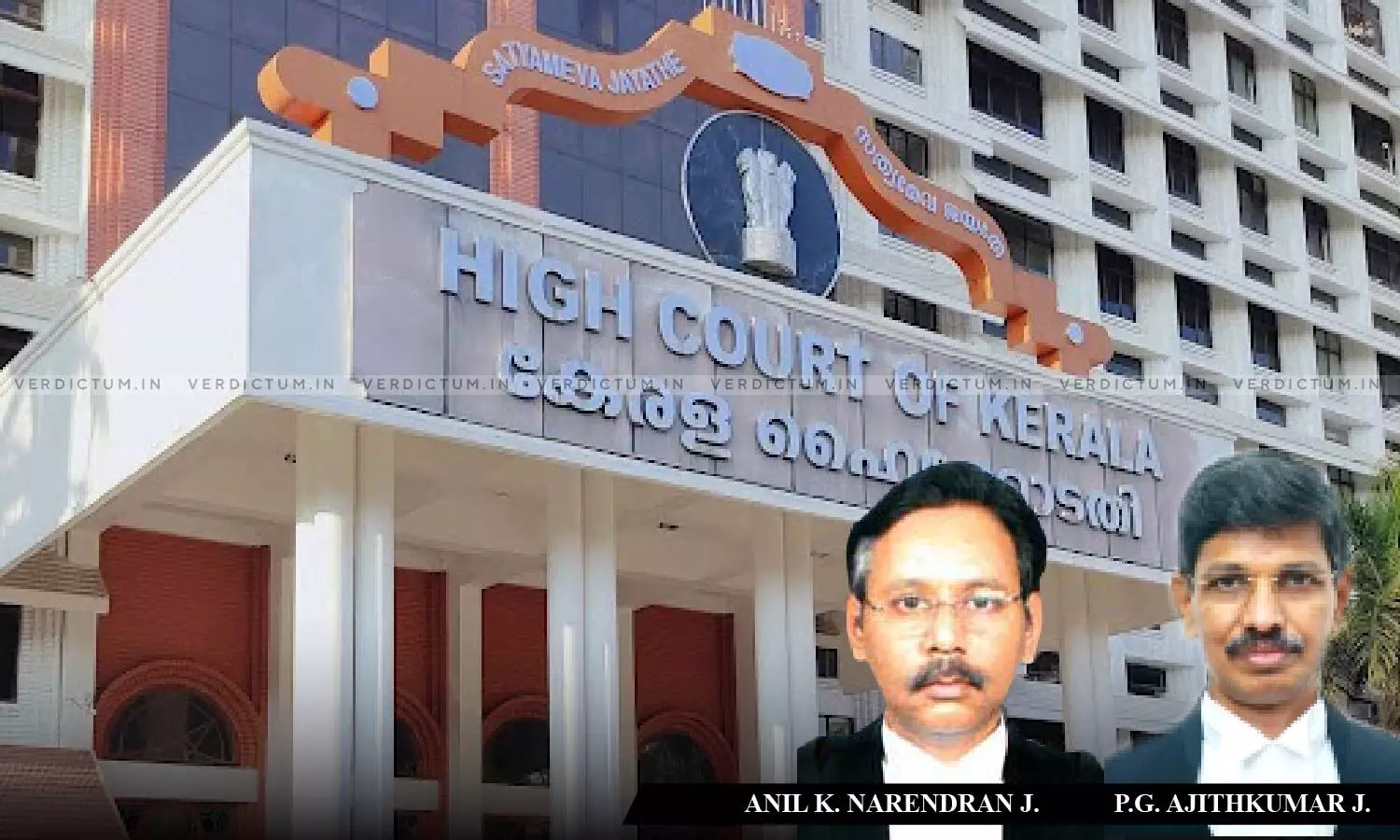
Does Not Amount To 'Untouchability': Kerala HC Upholds 'Malayali Brahmin' Criteria For Appointment As Melsanthies Of Sabarimala Devaswom
 |
|The Kerala High Court has observed that 'Malayali Brahmin' criteria for appointment as Melsanthies (Chief Priest) of Sabarimala Devaswom and Malikappuram Devaswom would not amount to untouchability abolished under Article 17 of the Constitution of India.
Accordingly, a bench of Justice Anil K. Narendran and Justice P.G. Ajithkumar while holding that the argument in the petitions lacked merit, referred to Sri Venkataramana Devaru Sri Venkataramana Devaru v. State of Mysore [AIR 1985 SC 255] to observe, “…the right protected by Article 25(2)(b) of the Constitution is the right to enter into a temple for the purpose of worship. It does not follow from this that, this right is absolute and unlimited in character. No member of Hindu public could claim as part of the rights protected by Article 25(2)(b) that a temple must be kept open for worship at all hours of the day and night or that he should personally perform those services, which the Archakas alone could perform.
In the matter, it was averred the Travancore Devaswom Board-a statutory body created under the Travancore-Cochin Hindu Religious Institutions Act, 1950, the issuance of Ext.P1 notification by the 2nd respondent-Devaswom Commissioner, invited application to the post of Melsanthi only from Malayali Brahmins, by excluding all other castes from Hindu religion, violates the provisions of the Constitution of India.
It was further averred that the exclusive reservation for Malayali Brahmin in the matter of appointment of Melsanthi in Sabarimala Devaswom and Malikappuram Devaswom is against the objectives of the Constitution of India. Furthermore, the petitioner said that keeping Article 17 of the Constitution in the purview such caste-based practice built on superstitions and beliefs that have no rationale or logic was in derogation of the fundamental rights guaranteed by Part III of the Constitution of India.
However, the bench referred to Sri Venkataramana Devaru Sri Venkataramana Devaru v. State of Mysore [AIR 1985 SC 255] where the question to be adjudicated upon was as to whether the right of a religious denomination to manage its own affairs in matters of religion guaranteed under Article 26(b) of the Constitution of India is subject to, and can be controlled by, a law protected by Article 25(2)(b), throwing open a Hindu public temple to all classes and sections of Hindus. The main point of determination was the validity of Section 3 of the Madras Temple Entry Authorisation Act, 1947.
It was noted in the judgment, “…Worshippers lay great store by the rituals and whatever other people, not of the faith, may think about these rituals and ceremonies, they are a part of the Hindu religious faith and cannot be dismissed as either irrational or superstitious…In all these temples in which the images are consecrated, the ‘Agamas’ insist that only the qualified Archaka or Pujari shall step inside the sanctum sanctorum and that too after observing the daily disciplines which are imposed upon him by the ‘Agamas’. As an Archaka he has to touch the image in the course of the worship and it is his sole right and duty to touch it. The touch of anybody else would defile it. Thus, under the ceremonial law pertaining to temples even the question as to who is to enter the Garbhagriha or the sanctum sanctorum and who is not entitled to enter it and who can worship and from which place in the temple are all matters of religion as shown in the above decision of this Court”.
The bench heavily cited the judgment in N. Adithayan v. Travancore Devaswom Board [(2002) 8 SCC 106] wherein it was noted that “…Hinduism is far more than a mere form of theism resting on Brahmanism…it has ever aimed at accommodating itself to circumstances, and has carried on the process of adaptation through more than three thousand years. It has first borne with and then, so to speak, swallowed, digested and assimilated something from all creeds”. The bench in the judgment also observed that as long as the actual worship of the deity is allowed to be performed only by the authorised Poojaris of the temple and not by all devotees permitted to enter the temple, there can be no grievance made.
Additionally, the bench was also of the opinion that in absence of proper pleadings in the statement of facts and grounds in the petitions pertaining to Article 25 and 26 of the Constitution of India, it was not necessary to keep the writ petitions pending, awaiting the decision of the Larger Bench of the Apex Court in Kantaru Rajeevaru (Right to Religion In-Re 9 J [(2020) 3 SCC 52].
Appearances:
Petitioner: Advocates B.G. Harindranath, Amith Krishnan H. and Lejo Joseph George
Respondent: Senior Government Pleader S. Raj Mohan, Senior Counsel Krishna Menon, Travancore Devaswom Board Senior Counsel G.Biju, Travancore Devaswom Board Advocates G. Sudheer, P.N. Damodaran Namboodiri, N.P. Asha, P. Unnikrishnan, K.B. Pradeep-Amicus Curiae
Cause Title: Vishnunarayanan v. The Secretary, Department Of Revenue & Devaswom, Government Secretariat, Thiruvananthapuram [Neutral Citation: 2024/Ker/15064]
Click here to Read/Download the Judgment